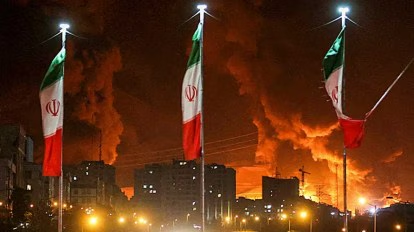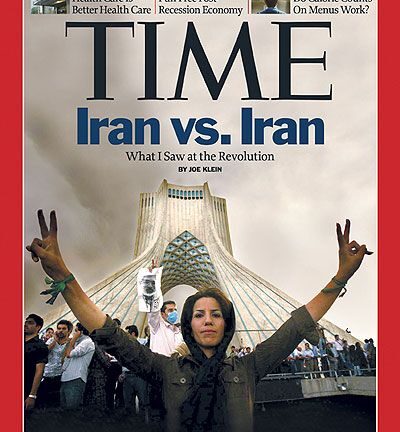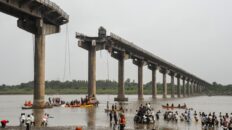
Long based on long-standing geopolitical tensions, the Iran-Israel confrontation has now entered a risky and unstable stage. Fears of a full-scale regional conflict in the Middle East have increased as a result of both countries’ recent aggressive military and cyber efforts. Concern over the potential for broad destabilisation is growing every hour.
Iran has so far accused Israel of carrying out targeted attacks on its military installations in Syria and the areas surrounding its borders, resulting in many claimed fatalities. Iran-backed militias, including Hezbollah, as well as organisations in Syria and Iraq, have responded by launching missile barrages at Israeli positions, especially in the northern territories and Golan Heights. Although a sizable percentage of the incoming missiles have been intercepted by Israel’s Iron Dome, these strikes have destroyed civilian facilities.
In response, the Israeli Defence Forces (IDF) launched targeted airstrikes against Iranian-affiliated command centres and Hezbollah hideouts in Syria and Lebanon. In Tel Aviv and the border regions, the IDF is also on high alert and is advising residents to keep close to shelters as concerns of an escalation increase.
It’s a tough scenario plomatically. Russia and the United States have exhorted both sides to prevent further escalation, while the United Nations has appealed for moderation. However, there is still a very real chance of a wider battle because neither Israel nor Iran are shown any indications of giving up.
Huge demonstrations have broken out in Tehran, with support for the Iranian Revolutionary Guard Corps and shouts critical of the United States and Israel. Iranian state media has vowed to exact severe retribution after confirming that senior IRGC officers were killed in Israeli attacks. If Iranian aggression persists, Israel’s prime minister has threatened “decisive actions,” adding that the Israeli military is ready for “long-term defence.”
Both sides are fighting cyberwarfare in this battle, which is also being fought online. Israeli cyber troops have attacked Iranian energy networks and military databases, while Iranian hackers have tried to compromise Israeli banking systems.
The greatest cost is being borne by civilians. Northern Israel and southern Lebanon have overcrowded hospitals. Due to security concerns and missile assaults, over 300,000 people have been displaced in both nations. Air travel has been hampered, schools have been closed, and a humanitarian crisis—especially in border regions—is developing.
The entire globe is eagerly awaiting the outcome. A larger Middle East conflict including proxy organisations, regional powers, and international superpowers might be sparked by the current impasse between Iran and Israel. A dangerous brinkmanship with uncertain repercussions has emerged from what started as a pattern of tit-for-tat attacks.
The next several days will be critical in deciding whether this will continue to be a small conflict or degenerate into a historic war with catastrophic consequences, as military movements increase and diplomacy attempts to control the crisis.








Add comment